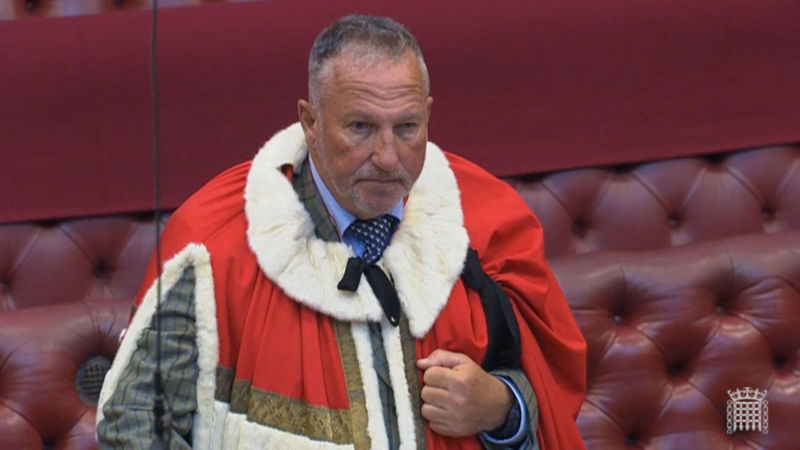Lord Botham and discrimination in cricket
March 2, 2024
Responses to the report of the Independent Commission for Equity in Cricket (Holding up a Mirror to Cricket) commissioned by the England and Wales Cricket Board, continue to reverberate months after its release in mid-2023.
Based upon evidence given by thousands of cricketers, many of whom claimed to have experienced discrimination in the game, the report found much evidence of an elitist and exclusionary culture in English cricket. Racial and other forms of discrimination were detailed at length. The report prompted an apology from the CEO of the ECB for crickets sins in relation to the treatment of its players, but there are people who reject its conclusions.
One particularly outspoken critic has been the legendary England all-rounder, Ian Botham, now Baron Botham of Ravensworth in the County of North Yorkshire. Lord Botham, now sitting in the House of Lords, is a staunch conservative, a monarchist who has long objected to any satirising involving the late Queen Elizabeth II, a strong advocate of Britains exit from the European Union and a lover of the English countryside and its values embodied in fox-hunting, game shooting and the like. He has written in The Telegraph that Soviet-style bureaucracy is ruining the English countryside and that environmental protesters are self-righteous narcissists.
Botham is also an energetic charity fundraiser of note, especially in regard to research into childhood leukemia.
His views on the ICECs report are uncompromising. It is a nonsense, he has said, and a complete and utter waste of money. He says he read a bit of the report before throwing it on the floor.
Thus the evidence collected over several years, and the conclusions it led to (and which were accepted by the commissioning organisation) were dismissed out of hand. To Botham, discrimination in cricket on the basis of race, gender or class is of little moment.
Yet on the sporting fields of England (and indeed those of Australia), racist epithets in particular are frequently voiced. They are heard on the field and on the sidelines in kids sports as well as in the elite levels of the professional ones. Barriers to progress, or a lack of encouragement, are placed in the way of some individuals from minority groups. That discrimination exists in various forms, often subtly, is hard to deny, but denial often occurs nonetheless.
Discrimination is a difficult issue, perhaps especially when a case is made that it is a product of racism. In Australia, John Howard has long expressed the opinion that Australia is not a racist country, yet instances of racism abound in sport and in society at large and they are frequently reported. In the case of Adam Goodes a few years ago, it was claimed by some that the heavy booing to which Goodes was subjected late in his career was simply a response to his being a dickhead acting out his Aboriginality in ways they thought inappropriate. It had nothing to do with the Aboriginality itself, they said.
Racism is a feature of the human condition, present in all societies which are racially diverse. It occurs in sport, in workplaces, on public transport and wherever else people of different races come together.
In Australia, the fear of Asian immigrants gave us the White Australia Policy which was enshrined in Commonwealth legislation for more than half a century. Occasionally, the rank bigotry involved was punctured using sport as a platform. A case was the statement during the 1960s of the then Anglican Dean of Melbourne, Stuart Babbage, that West Indian cricketers may play with us, but they may not stay with us. This was a telling indictment of the White Australia Policy.
It is all too easy to simply refute something one instinctively disagrees with, and to do so without careful analysis. We all do it from time to time. Botham did not engage in debate about the ICEC reports conclusions, and Howard did not address the underlying question about the presence of racism in Australian society. Both men simply put their views as axioms, presenting no argument in support of them.
These days, many believe that wokeness is the real problem, not discrimination or efforts to dismantle or overcome it. Denial and deflection have the effect of marginalising problems, making countering them more difficult in sport and elsewhere.

